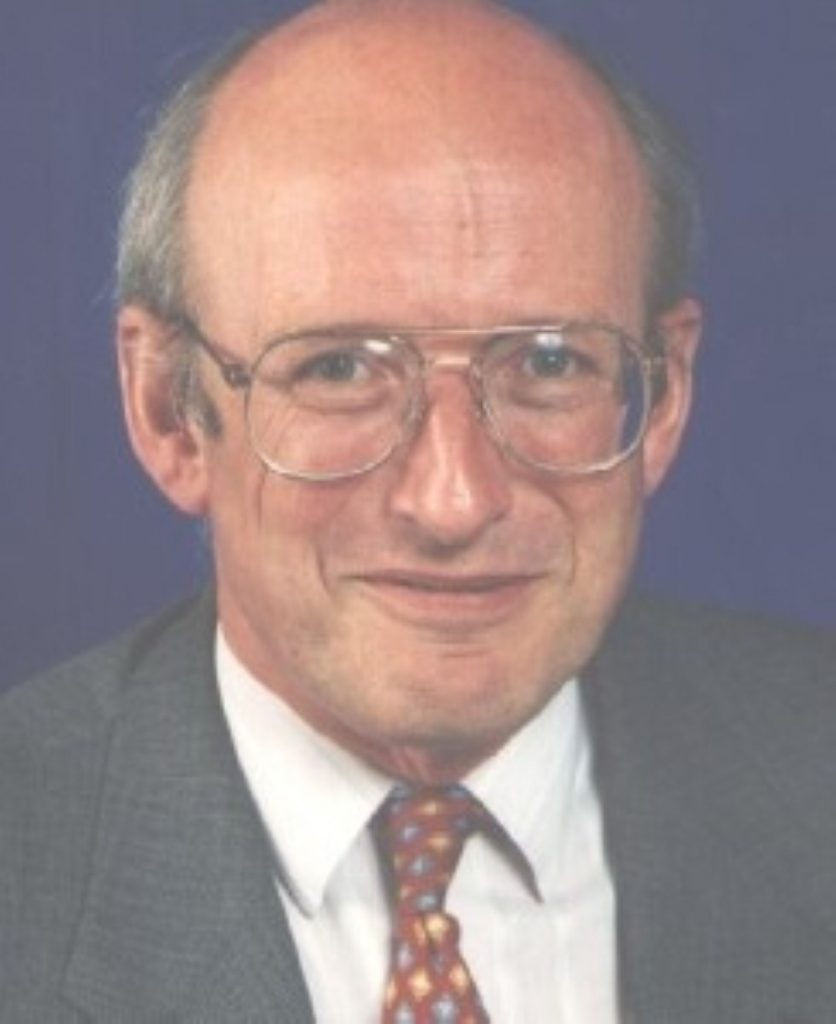Independent review on council tax announced
The Local Government Minister has announced an independent inquiry into potential reforms to the council tax system.
The inquiry, carried out by Sir Michael Lyons who was responsible for today’s Balance of Funding Review, will report to ministers by 2005 on what changes should be made to council tax particularly in the context of band revaluation.
It will also look at whether there should be more flexible local taxation, and whether there will be any implications for elected regional assemblies.
Giving the Government’s response to the Balance of Funding Review, published today, Nick Raynsford said he believed that council tax should be retained, but reformed.


Mr Raynsford said: “We are developing a new ten-year vision for local government. We want local government to be more effective and more accountable. A fair and sustainable funding system is crucial for this.
“We are well aware of the issues with the current system of local government funding and the arguments for change. That is why we commissioned the Balance of Funding Review to look into them. And that is why, today, we are announcing the next stage – an independent inquiry that will build on the Balance of Funding Review’s findings and take matters further forward in detail.
“One thing is clear – there are no easy answers. This subject needs careful examination, not knee-jerk reactions. That is why we now look to the independent inquiry for detailed and impartial advice on how we should take forward the Review’s findings.”
The Review’s conclusions, which the Minister was at pains to emphasise are not recommendations, suggested a reform of the council tax with a better system of benefits and an aim to “avoid significant changes in overall liabilities”.
It suggests that the reformed tax might be supplemented by a local income tax or relocalised business rates.
“The press speculation that the Government is planning a council tax shake-up that will lead to huge rises in council tax is simply untrue. Any suggestion that we have opted for any particular course of council tax reform is just plain wrong. ” Mr Raynsford stressed.
On local income tax, which the Liberal Democrats are strongly pushing for, Sir Michael said that whilst it would be more progressive it would be less predictable but that more work was needed on its costs and impacts.
Speaking for the Liberal Democrats, Edward Davey was sharply critical of the decision to have a further inquiry, branding it a decision “just to review that review”.
“Dither and delay simply means more years of the unfair council tax”, warned Mr Davey, claiming “a local income tax would be more progressive than council tax”.
Responding, Mr Raynsford denied suggestions the Lyons review would be “ducking the issue” and praised the integrity and expertise of Sir Michael.
He blasted Lib Dem proposals as “ill-thought” and cited the numerous “technical obstacles” that had been identified.
Also speaking in the Commons, Conservative spokesman Philip Hammond claimed that the Liberal Democrats’ proposal of replacing the council tax with a local income tax was totally discredited.
He alleged that the Government was intent on raising the level of council tax for those on modest incomes in valuable homes. There was a desire by the Treasury to use a “wealth tax by stealth” on those living in areas of rising house prices, he claimed, arguing that the real solution was to reduce the burden on local government by Whitehall.
The decision to launch another review of the local taxation system was also sharply criticised by the Local Government Association (LGA). Speaking before the announcement its chairman, Sir Sandy Lockhart, said: “The Government simply has to make its mind up. The unfairness of council tax cannot be ironed out with a bit of tinkering. Instead the system needs fundamental reform.
“Council tax payers are forced to pay above inflation unaffordable increases to make up for government funding shortfalls – they shouldn’t be asked to pay for Government dithering as well.”

